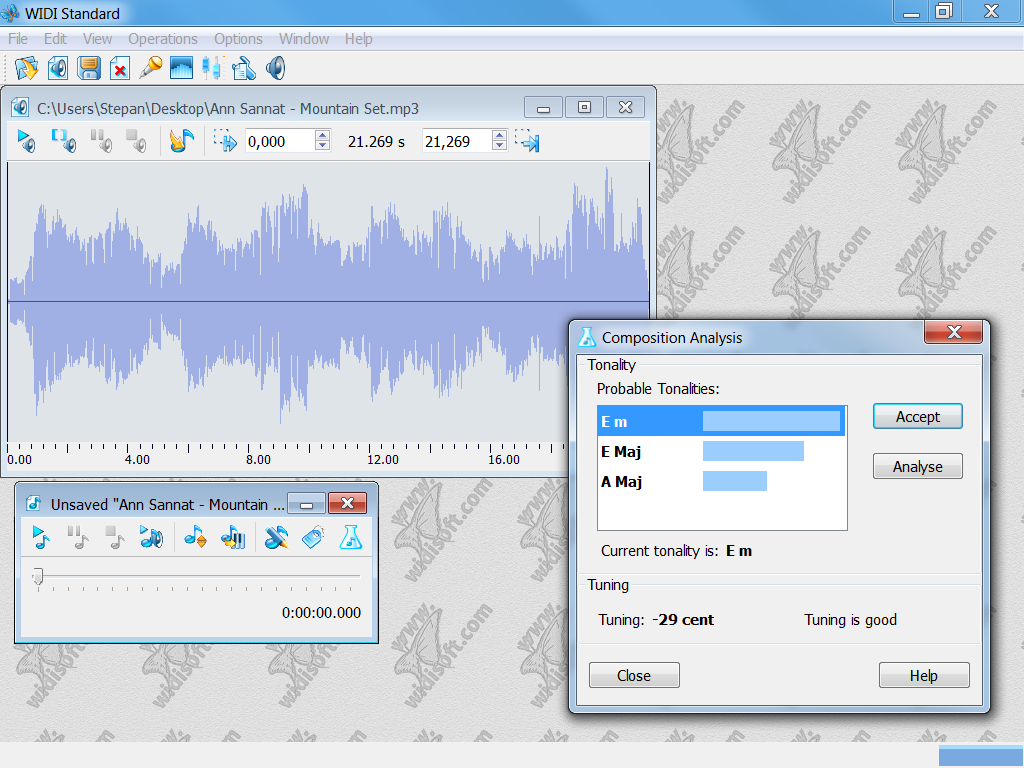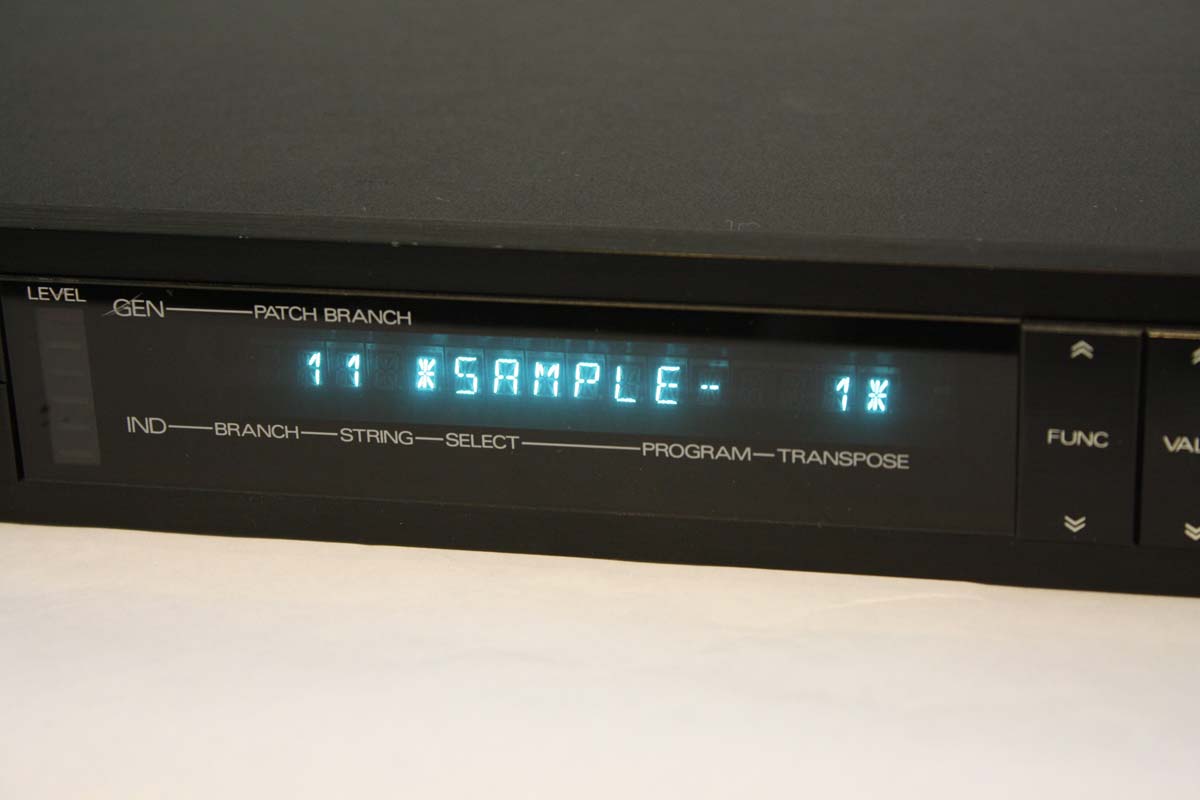

Return a list of those Events with proper delta times between them.Īt this stage MIDI event objects have been created. Given a list of packets (which already contain MidiEvent objects) packetsToDeltaSeparatedEvents ( packets : List ], midiTrack : ) → List ¶ getPacketFromMidiEvent > getPacket ( trackId = 1, offset = 0, midiEvent = midiEvents, obj = n ). elementToMidiEventList ( n ) > getPacket = midi. Offset and duration values stored here are MIDI ticks, not quarter lengths. Includes offset, any cent shift, the midi event, and the source object. Packets are used for sorting and configuring all note events. Pack a dictionary of parameters for each event. getPacketFromMidiEvent ( trackId : int, offset : int, midiEvent :, obj : Optional = None, lastInstrument : Optional = None ) → Dict ¶ Returns a list of Tuples of MIDI events that are pairs of note-on and getNotesFromEvents ( events : List ] ) → List, Tuple ] ] ¶ But you should use Score, Part, Measure instead. Here we purposely use nested generic streams instead of Scores, Parts, etc.

Sets a default MetronomeMark of 120 if no MetronomeMarks are presentĪnd a TimeSignature of 4/4 if not present.Įnsures that the conductor track always sorts before other parts. Rather than in a music track, and returns a PartĬontaining just those events, without duplicates, suitable for being a Strip the given stream of any events that belong in a conductor track chordToMidiEvents ( c ) > eventList Ĭhanged in v7 – made keyword-only. velocityIsRelative = False > eventList = midi. (More precisely, 1-15, since one dynamic channel The channel mappings produced by reading from acceptableChannelList, UnpitchedPercussion subclasses receive MIDI Channel 10 (9 in music21) midiChannel (set by user or imported from MIDI) Has been run before calling this routine.Īn instrument’s. Only necessarily works if prepareStreamForMidi() If the number of needed channels exceeds the number of available ones,Īny further MIDI program numbers are assigned to channel 1. One channel is always left unassigned for dynamic allocation. The first a dictionary mapping MIDI program numbers to channel numbers,Īnd the second, a list of unassigned channels that can be used for dynamicĪllocation. Read through Stream s and finding instruments in it, return a 2-tuple, channelInstrumentData ( s :, acceptableChannelList : Optional ] = None ) → Tuple, int ], List ] ¶ InitTrackIdToChannelMap should be a dictionary. One for start of event, one for end of event.ĬhannelByInstrument should be a dictionary. Need to insert a program change in the empty channel Keep track of which channels are available. Shift to different channels if a pitch bend is necessary. Given a list of packets, assign each to a channel.ĭo each track one at time, based on the track id. assignPacketsToChannels ( packets, channelByInstrument = None, channelsDynamic = None, initTrackIdToChannelMap = None ) ¶ getSourceFilePath () / 'midi' / 'testPrimitive' / 'test05.mid' > mf = midi.


 0 kommentar(er)
0 kommentar(er)
